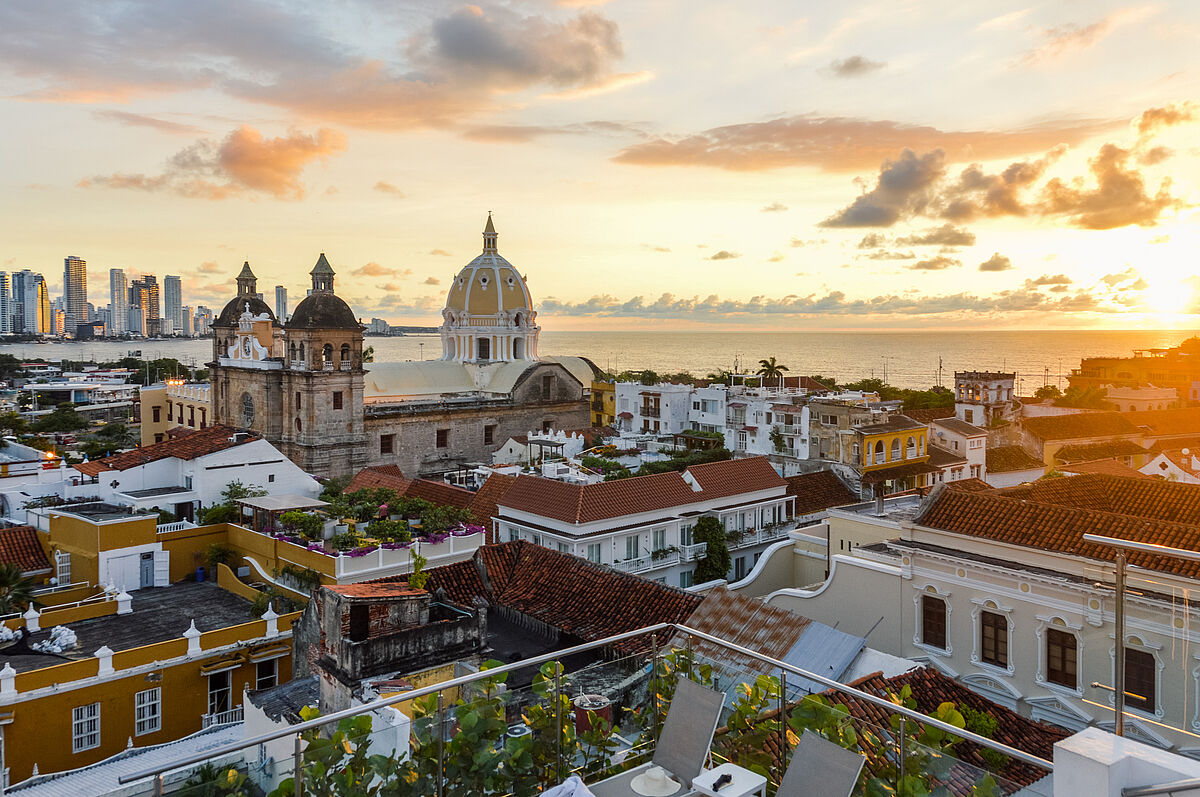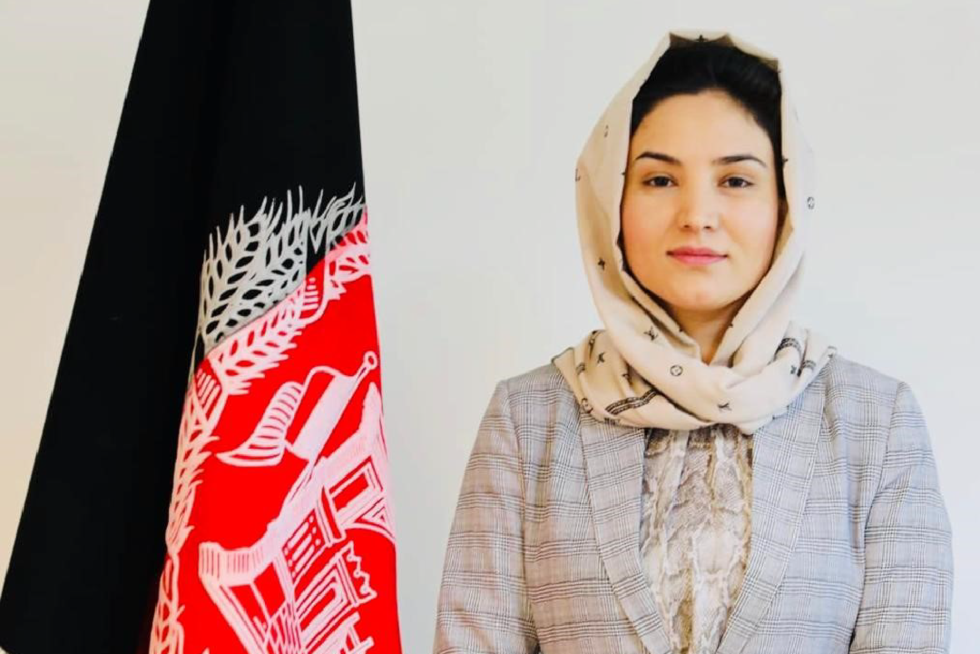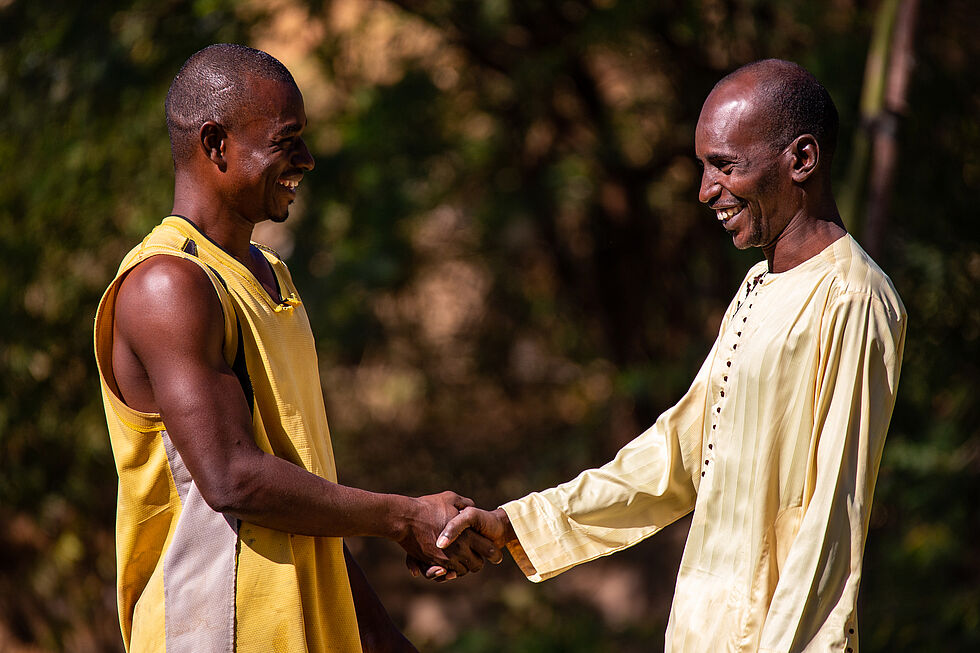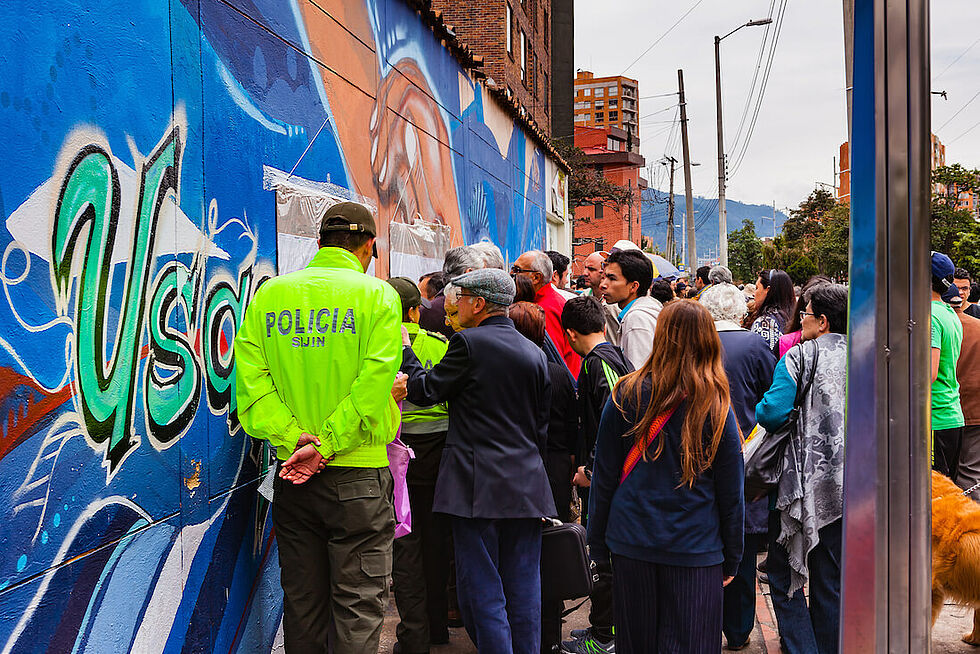Many visions of peace: What are Colombians actually hoping for?

Colombia officially ended 50 years of civil conflict in 2016 when it adopted the peace accord with the rebel FARC group (Fuerzas Armadas Revolucionarias de Colombia, or Revolutionary Armed Forces of Colombia), but implementing the accord has been a challenge. Headlines such as “The Colombian peace process is under duress” but “too precious to be abandoned” indicate that the peace is currently real, if precarious. But this is not the perception of many ordinary people who are still experiencing violence and conflict.
A project titled Paz Glocal – Glocal Peace in Colombia has been gathering the visions of peace as expressed by thousands of citizens from around the country. We spoke with representatives of two of the three German international organizations supporting the project about Colombians’ hopes and expectations.
Why did you initiate this project in the first place? In what sense is your research different from previous polls in Colombia?
Kristina Birke: Currently everyone has been focussing on whether peace polarizes Colombia. We were more interested in where the common ground lies. Therefore we decided to dig deeper into the perceptions of peace: What does it mean to Colombians of different ages, genders, socio-economic backgrounds? Could it be more than the absence of armed conflict with the FARC? We were curious whether it might be possible to study peace in post-accord Colombia, which is definitely not a post-conflict setting.
Sabine Kurtenbach: Under a comparative perspective the Colombian peace accord is the most comprehensive ever seen; however, three years after the signing it is evident that Colombia has been slow to implement those parts of the agreement beyond ceasefire and demobilization. Even if – as noted by the Kroc Institute and United Nations – some formal progress has been made, the transformative parts, such as the small agrarian reform or the voluntary eradication of illicit crops, lag behind.
The problem is that you need to initiate fundamental changes during the first few months of an agreement when it has momentum and before the resistance has time to reorganize. In Colombia, this momentum was already lost with the referendum in 2016 (which narrowly voted to reject the peace accord, which was then revised and approved by Congress later that year) and even more after the general election 2018.
What was the biggest surprise when you evaluated the questionnaires? What did you learn about the interpretations of peace and its complex conditions that you were not aware of before?
SK: Our biggest surprise was the modest ambitions people had for peace. More than 40 per cent answered that, for them, peace was respect, justice, and tranquillity. Other possibilities such as security or change were only mentioned by a minority. The second surprise was that despite the high levels of polarization in Colombia we saw high levels of consensus on the importance of these topics across gender, age and regions. What is our takeaway from this? My hunch is that people want an environment that enables them to pursue their plans and maybe even dreams without interference by violence or war. Because when we asked about the opposite of peace the answer was very clear: More than 50 per cent mentioned war, and more than 20 per cent violence. There needs to be an end to the violence against human rights defenders and social leaders!
KB: After the social upheavals of 2019, I would go further and say that people are aware of the structural and societal barriers in place that impede them from living a life that they see as peaceful, however, they are not hopeful that anyone will resolve them in the near future.
No gender equality means no peace. This is one of the key assumptions underpinning successful conflict transformation. To what extent is this reflected by the results of your studies?
KB: Colombia’s Treaty is the first with an explicit gender perspective. Every chapter includes a list of sub recommendations aiming at societal transformation. NGOs and women’s organizations monitor it, but some have started to question the feasibility of this. Feminist organizations’ perceptions of gender justice go beyond what the peace agreement offers. The implementation process lacks the level of political representation of women recommended by the UN. As said above, we found people’s perceptions of peace do not differ, however, during the qualitative interviews it became clear, that in order to achieve peace, women or LGBTQ+ people have to overcome very different structural inequalities. The dimensions of class, race and gender intersect and play a big role in the barriers to peaceful living.
How can the findings help the Colombian government and civil society actors effectively support the various peace processes in Colombia? Are the international community and Germany moving in the right direction?
KB: The process is at a crossroad. Our findings show that the majority of Colombians want peace but at the same time its implementation has slowed and violence has increased. After this study there should be less concern of whether Colombian society is too polarized or biased against peace, and more for how national and international actors can more decisively stand behind the process, considering it as a roadmap for the decades to come.
SK: All actors, local, national, international, need a peace perspective for their policies far beyond the usual three to five years. The signatories of the Colombian agreement had a more realistic perspective, talking about 12 years for implementation. But even under such a medium-term perspective the crucial issue is commitment by all or at least a majority of actors. The current government will not formally withdraw from the agreement, but neither will it engage substantially. A significant number of former FARC combatants have either not demobilized or remobilized. It is essential that those actors supporting the agreement should not be marginalized or threatened by the opponents on both sides.
About the interviewees


The Paz Glocal project is supported by the German Institute for Global and Area Studies (GIGA), the German international development agency (Gesellschaft für Internationale Zusammenarbeit or GIZ), and the FES.
Sabine Kurtenbach is a lead research fellow at the GIGA.
Kristina Birke is the FES Country Representative in Colombia and Director of the FES Regional Security Project.
They were speaking with Konstantin Bärwaldt, desk officer for Global Peace and Security Policy with FES Berlin.
About FES Connect
Connecting people, in the spirit of social democracy, we source and share content in English from the German and international network of the Friedrich-Ebert-Stiftung.




